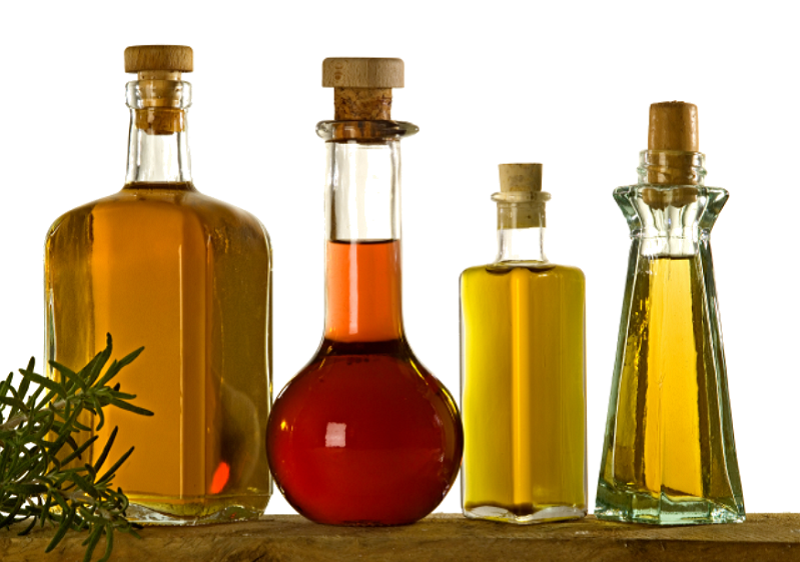We eat and drink foods to nourish and sustain our body through a complex process of digestion and absorption. Food provides us with energy to fuel our body and nutrients to help us grow and heal.
The amount of body fuel a food provides us is measured in calories (or kilojoules*). The more calories a food contains, the more body fuel it provides to our body. The total calorie content of food is determined by the amount of Carbohydrates, Fats and Proteins the food contains – these are Macronutrients.
What is Fat and why do we need it?
Fats provide the most concentrated form of energy for the body. Fats are essential for the body’s absorption of fat soluble vitamins, A, D, E and K and provide your body with essential fatty acids
There are 3 major types of naturally occurring fatty acids
1. Saturated – mainly found in animal-based foods.
2. Mono-unsaturated – mainly found in plant-based foods
3. Poly-unsaturated – mainly found in plant-based foods
Trans Fatty acids are a fourth form that are uncommon in natural foods although they do occur in low levels in meats and dairy products. Most trans fats are found in processed foods and while they have little significance in weight loss they are regarded as generally unhealthy fats. Eating them is associated with an increased risk of heart disease.
1 gram of fat = 9 calories


